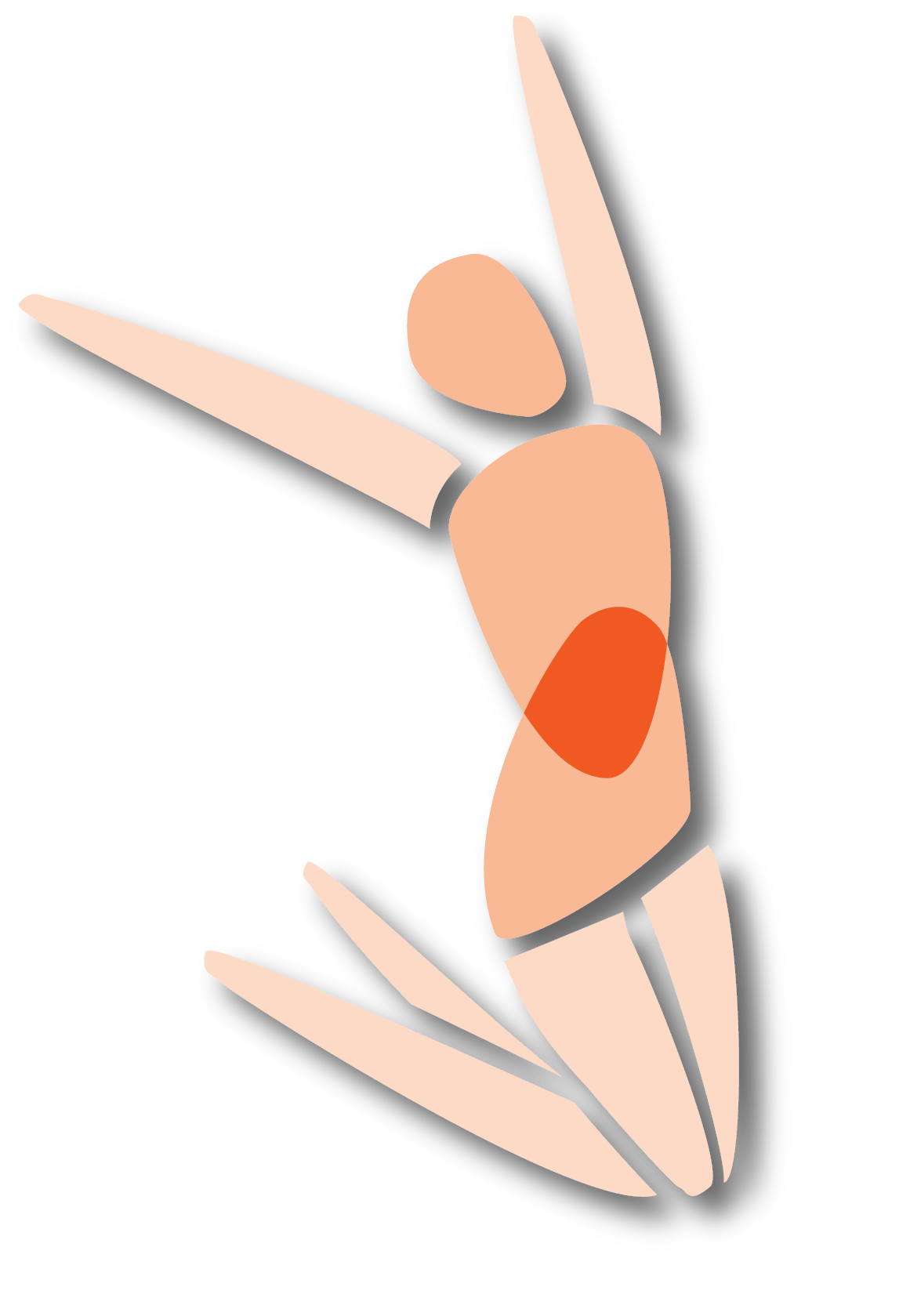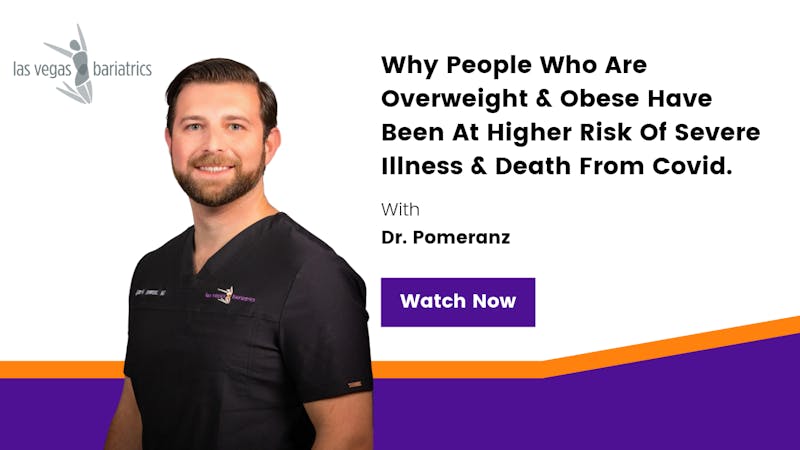

Patients who were overweight or struggling from obesity are more likely to develop severe Covid-19 and more likely to die.
Research has found that the covid infects fat cells and immune cells within body fat, causing an immune response that scientists say may contribute to severe disease. Patients who were overweight or obese were more likely to develop severe Covid-19 and more likely to die. Though these patients often have health conditions like diabetes that compound their risk, scientists have become increasingly convinced that their vulnerability has something to do with obesity itself. Now researchers have found that the coronavirus infects both fat cells and certain immune cells within body fat, prompting a damaging defensive response in the body. “Whatever happens in fat doesn’t stay in fat,” stated by Dr. Philipp Scherer, a scientist who studies fat cells at UT Southwestern Medical Center in Dallas. “It affects the neighboring tissues as well.” The research has not yet been peer-reviewed or published in a scientific journal, but it was posted online in October, confirming earlier findings by researchers at Weill Cornell Medicine in New York and elsewhere. If the findings hold up, they may shed light not just on why patients with excess pounds are vulnerable to the virus, but also on why certain younger adults with no other risks become so ill. The senior authors of the latest study, Dr. Tracey McLaughlin and Dr. Catherine Blish of the Stanford University School of Medicine, suggested the evidence could point to new Covid treatments that target body fat. “Maybe that’s the Achilles’ heel that the virus utilizes to evade our protective immune responses — by hiding in this place,” Dr. Vishwa Deep Dixit, a professor of comparative medicine and immunology at Yale School of Medicine, said. Editors’ Picks Could Oreo Cookies Solve New York’s Rat Problem? The Verdict on the Elizabeth Holmes Trial Makeover Quiz: Do You Recognize These Notable People of 2021? The finding is particularly relevant to the United States, which has one of the highest rates of obesity in the world. Most American adults are overweight, and 42 percent have obesity. Black, Hispanic, Native American and Alaska Native people in the U.S. have higher obesity rates than white adults and Asian Americans; they have also been disproportionately affected by the pandemic, with death rates roughly double those of white Americans. “This could well be contributing to severe disease,” Dr. Blish said. “We’re seeing the same inflammatory cytokines that I see in the blood of the really sick patients being produced in response to infection of those tissues.” Body fat used to be thought of as inert, a form of storage. Scientists now know that the tissue is biologically active, producing hormones and immune-system proteins that act on other cells, promoting a state of nagging low-grade inflammation even when there is no infection. Inflammation is the body’s response to an invader, and sometimes it can be so vigorous that it is more harmful than the infection that triggered it. “The more fat mass, and in particular visceral fat mass, the worse your inflammatory response,” Dr. McLaughlin said, referring to the abdominal fat that surrounds internal organs. Fat tissue is composed mostly of fat cells, or adipocytes. It also contains pre-adipocytes, which mature into fat cells, and a variety of immune cells, including a type called adipose tissue macrophages. Dr. McLaughlin, Dr. Blish and their colleagues carried out experiments to see if fat tissue obtained from bariatric surgery patients could become infected with the coronavirus, and tracked how various types of cells responded. The fat cells themselves could become infected, the scientists found, yet did not become very inflamed. But certain immune cells called macrophages also could be infected, and they developed a robust inflammatory response. Click here to read the full article. For more information on Bariatric Surgery please visit our contact page and schedule a consultation with our Las Vegas Bariatric weight loss professionals.

